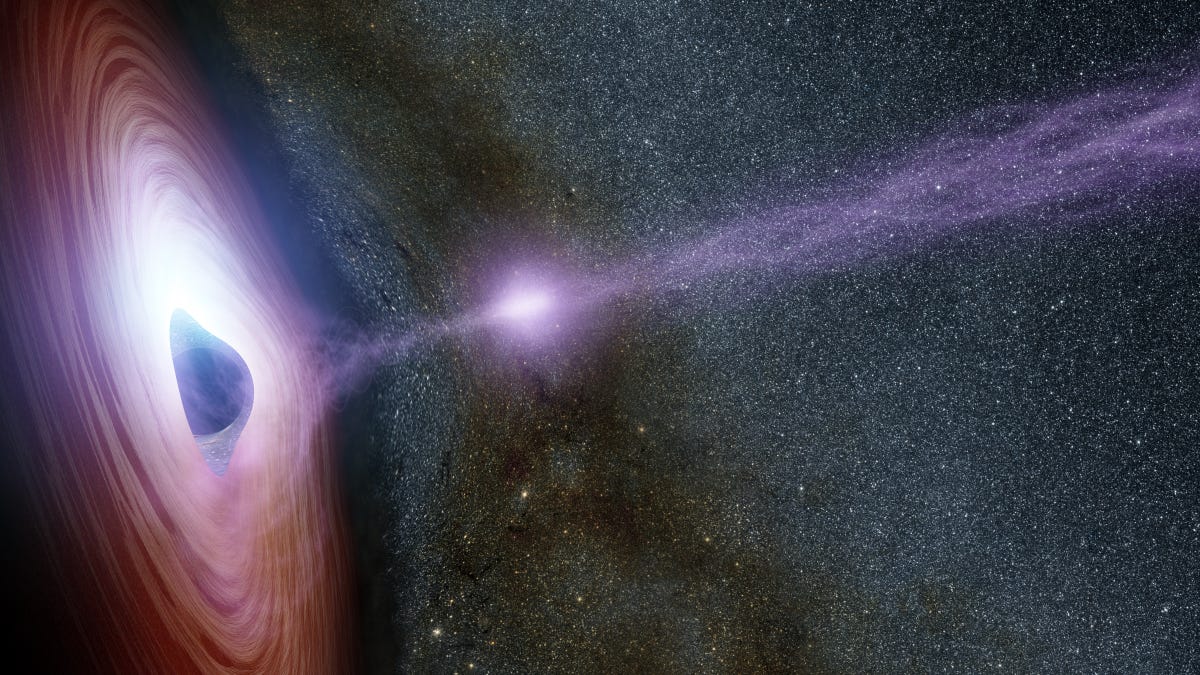Our crowdsourced sci-fi novel is halfway done, and tackling the afterlife
The world is helping CNET write an original science fiction book in just 30 days. Our story of conflict and discovery between future universes has taken off, but there's still time to help wrap it all up.
This month, the entire world has been joining me in dreaming up a creative and unusual answer to a question that's crossed everyone's mind: What happens when we die?
CNET's first-ever crowdsourced sci-fi novel (currently in progress) proposes an answer, and it's one you've probably never heard before.
We kicked off the first CrowdSciFi or Massively Multiwriter Online Science Fiction Novel (MMOSFN) on November 1, as thousands of other aspiring novelists around the world also took on the commitment to draft a 50,000-word story in just 30 days for National Novel Writing Month.
Midway through the month, we're also almost halfway through the word count for our futuristic tale that not only spans the decades, but also spans universes, and momentum has been building. Over the last week I've been privileged to have ongoing discussions with some very smart readers and writers about fascinating concepts like travel between parallel dimensions, transfer of consciousness and transhumanism.
All these topics factor into the story that dozens upon dozens of active volunteer writers and editors from as far and wide as Nepal and Brazil have been collaboratively crafting for the past few weeks.
Oh, and our story's answer to the existential question from the beginning of this post? When you die, you go to heaven of course...except that what seems like heaven might actually be Earth's twin from a parallel universe that goes by the name Terra Superioris. And minor spoiler alert: a trip to this particular afterlife destination might not have to be a one-way ticket.
Here's a brief excerpt of the story from Chapter 5, which is set at an academy on Terra Superioris, where future inter-universal diplomats are being trained:
"How many of you have heard from migrants that you know that it's taking longer than they expected for their family or friends to get here?"
More than half the cadets in the room raised a hand. Meta suddenly knew where Cortes was going. He knew the waiting had been getting to Charles. His wife should have left Earth years, if not decades ago.
"Who knows why that's happening?"
Significantly fewer hands went up this time.
"On Earth, they're called nanobiotics. From what we can gather from migrant interviews, it's a technology that has finally reached maturity that preserves the biological body, delaying what they call 'death.' As we've discussed, this is the number one fear among the humans there. Just as they've started to give up the myths that we all hear about constantly about the afterlife, they double down on the myth of death and their obsession with avoiding it at all costs."
From the back of the room, the large automatic doors slid closed.
"But we have a solution for this problem," Cortes continued. "Believe it or not," here Cortes shot a look at Nara, "you're among the top diplomatic trainees on TS. You have a good background knowledge of the historical forces that have driven the humans for centuries, and the skill to use those to your advantage. To our advantage."
That's just one passage, which was written by three different people and edited by several more (so far). You can help us get all the way to 50,000 words over the next two weeks by simply checking out the ongoing sandbox draft of our novel at CNET.com/CrowdSciFi (you'll want to be logged in to a named Google account if you want to be credited for your contributions). We also have a Facebook group set up for discussion of the story in progress.
At some point later this year or early next year, an edited final version of the novel will be published as a series here on CNET, so if you want to be a part of history, start contributing now!
For more details on how this all works, see my earlier posts. Otherwise, I'll see you in the story.


